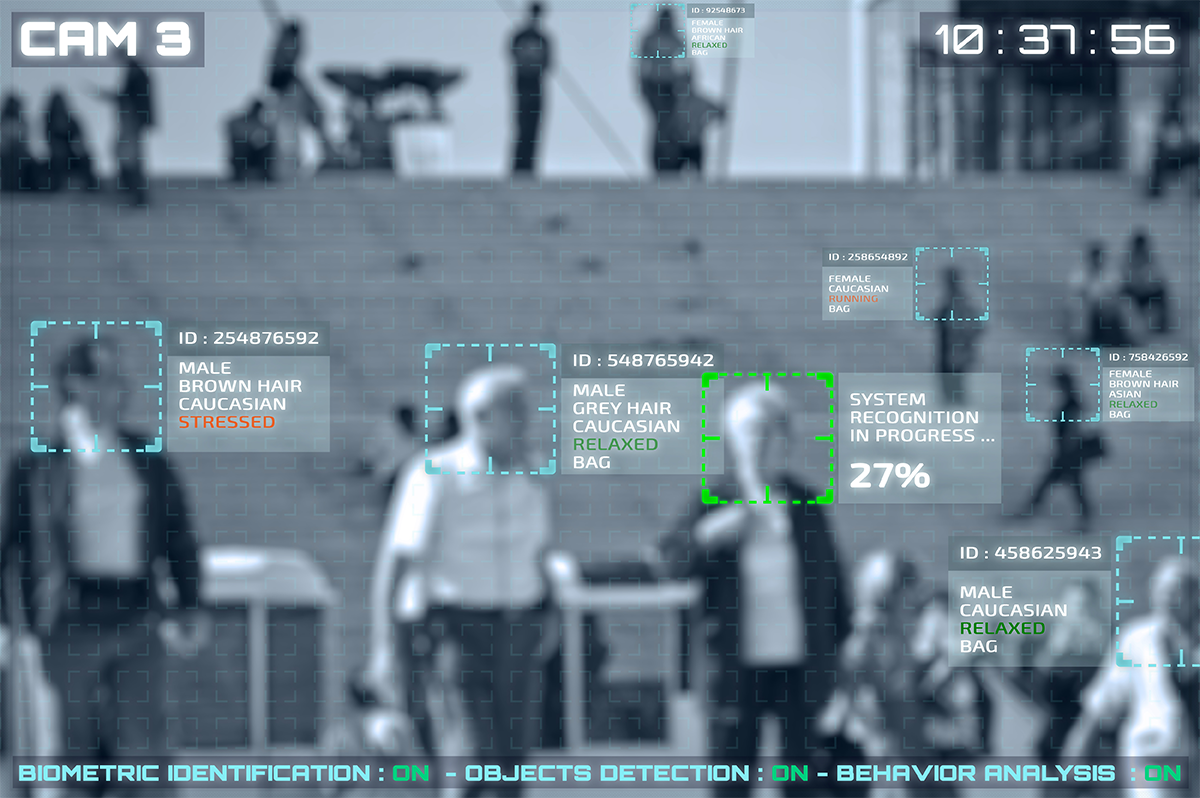Kerby Anderson
The Biden administration announced that the Transportation Security Administration (TSA) is rolling out a controversial facial recognition program at 16 of the largest airports. I have heard concerns about the dangers and misuse of facial recognition, so I decided to do some research.
As you probably know, China and Russia use facial recognition to track their citizens. Would the implementation of facial scans at airports eventually spread to every sector of society?
That is what some critics fear since the possibility of tracking people even in democratic societies is already available. In the city of London, for example, there is already an 11 to 1 camera-to-human ratio. An average citizen in that city is “caught on a closed-circuit surveillance camera 300 times a day.”
The number of cameras in our world is proliferating. A visual technology firm published a report with a reasonable estimate of approximately 45 billion cameras. These cameras aren’t just for taking photos and selfies. They do provide helpful information for a functioning society. But they are also intruding on our daily lives.
Facial recognition is far from perfect. Randall Reid was arrested in Georgia for a string of purse thefts in Jefferson Parish and Baton Rouge, Louisiana. He insisted that he’s never been to Louisiana and didn’t even know what Jefferson Parish was.
An MIT study found that error rates up to 34 percent occur for dark-skinned women. A Commerce Department study found error rates for African men and women were two orders of magnitude higher than for Eastern Europeans.
These problems are why Congress, and the federal bureaucracy, need to reconsider these attempts to expand facial recognition.
 Listen Online
Listen Online Watch Online
Watch Online Find a Station in Your Area
Find a Station in Your Area









 Listen Now
Listen Now Watch Online
Watch Online
